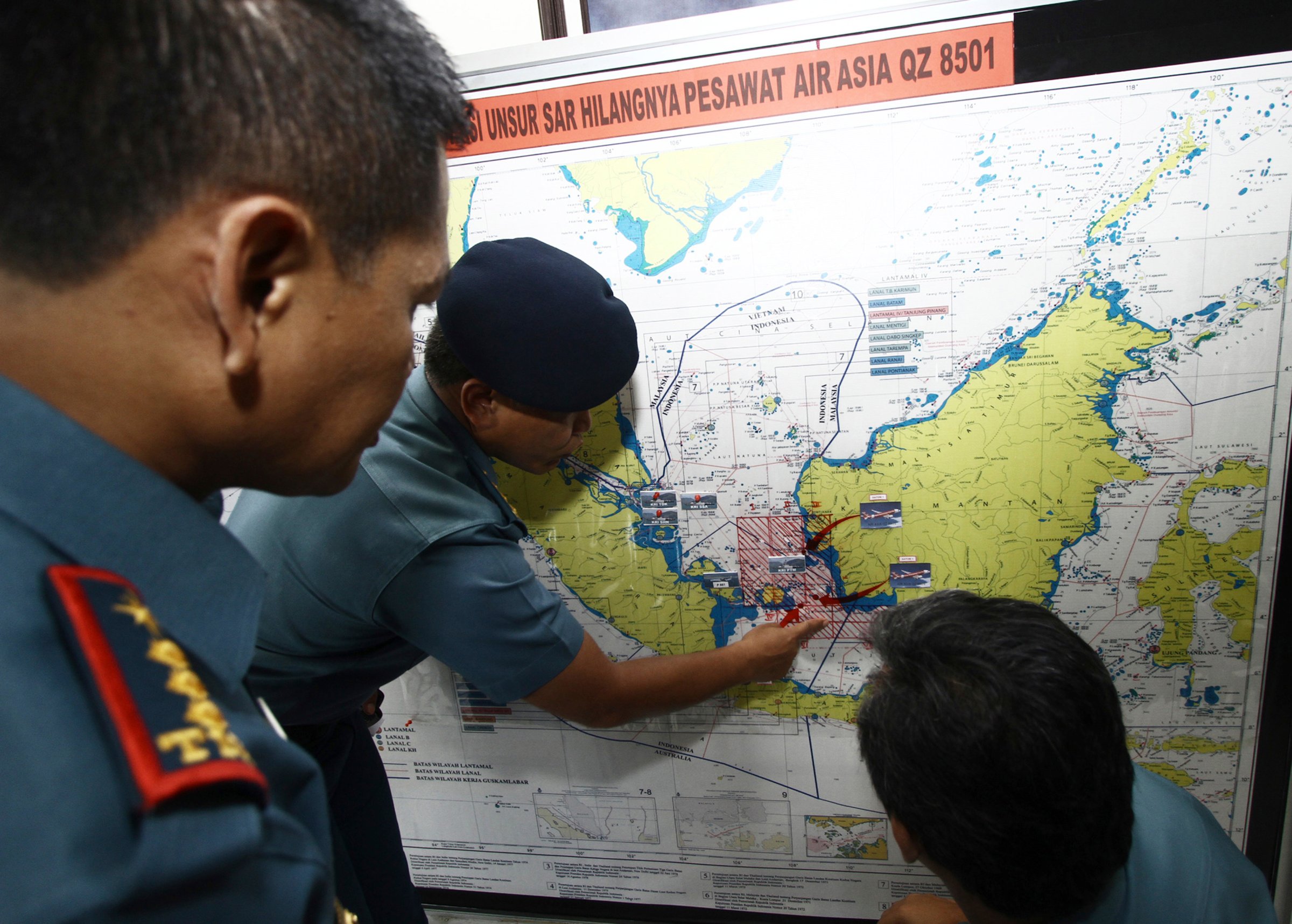
Objects that appeared to be a body and luggage, seen floating in the Karimata Strait on Tuesday, are the latest clues as to the final resting place of AirAsia Flight QZ 8501, which disappeared 42 minutes after leaving Indonesia for Singapore early Sunday.
Indonesia’s Kompas TV said the objects were spotted by an Indonesian air-force pilot.
The sighting joins other unconfirmed leads as to the fate of the Airbus A320-200 and its 162 passengers and crew. According to news agency Agence France-Presse, “items resembling an emergency slide and plane door” were also seen Tuesday floating in the Java Sea by the crew of an Indonesian search aircraft, some 105 miles (169km) from Pangkalan Bun, a town in Central Kalimantan province, in southern Borneo.
Other clues include a few wisps of smoke spotted spiraling from Belitung Island, off the east coast of Sumatra, and an account by two fishermen of Kubu village, in Indonesia’s Central Kalimantan province, who may have witnessed an explosion at sea and are reportedly taking officials to the spot.
There has already been one false lead — the “suspicious objects” seen Monday that were quickly discounted as general flotsam. The others may turn out the same way. But in this age of airborne wi-fi and GPS in every smart phone, a pertinent question must be asked: Why are we relying on smoke signals, fishermen and crewmen peering through the dull plexiglass of aircraft windows, at choppy seas hundreds of feet below, to find a plane?
The answer is investment priorities.
Witness the Tragic Aftermath of AirAsia Flight QZ8501
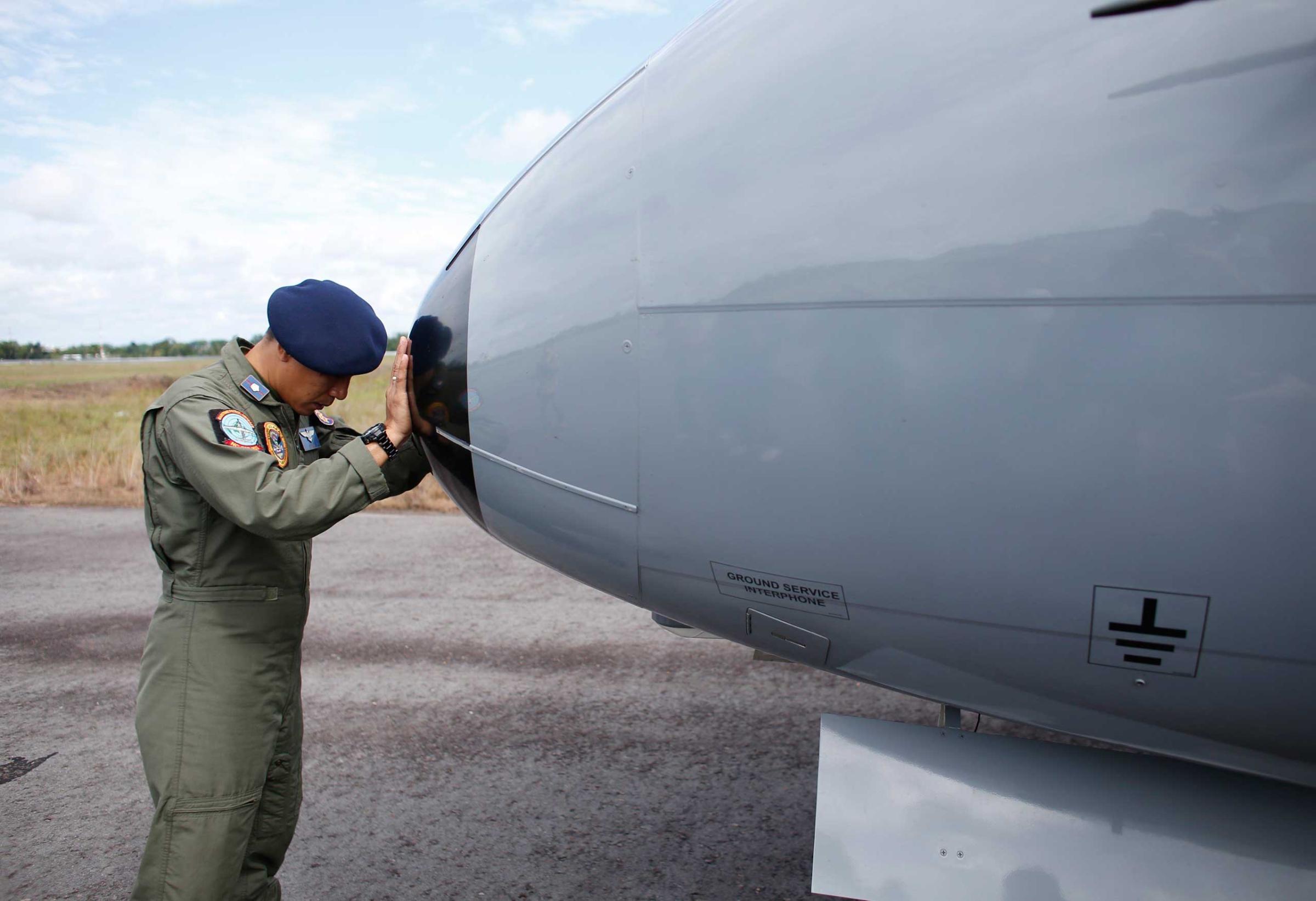
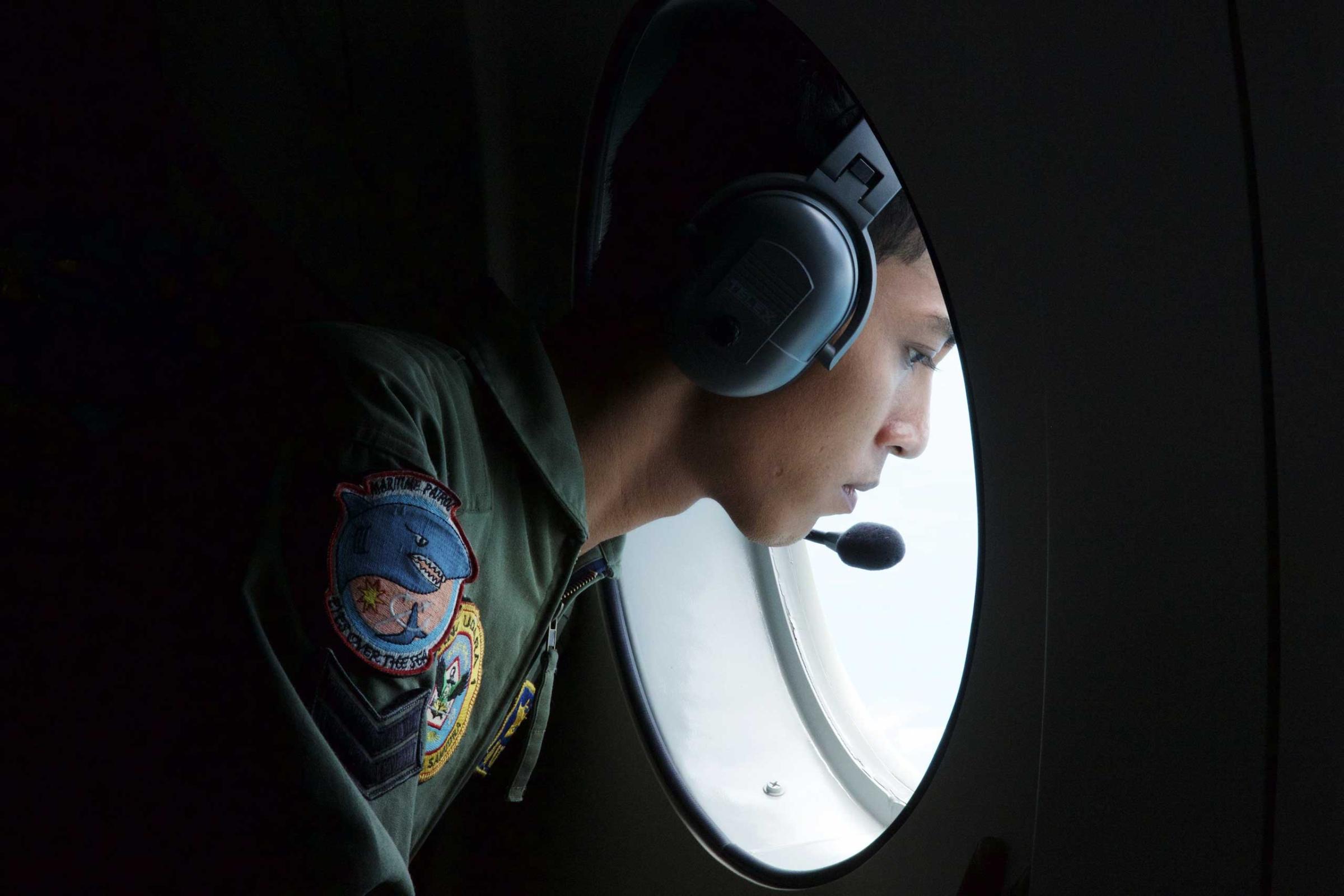
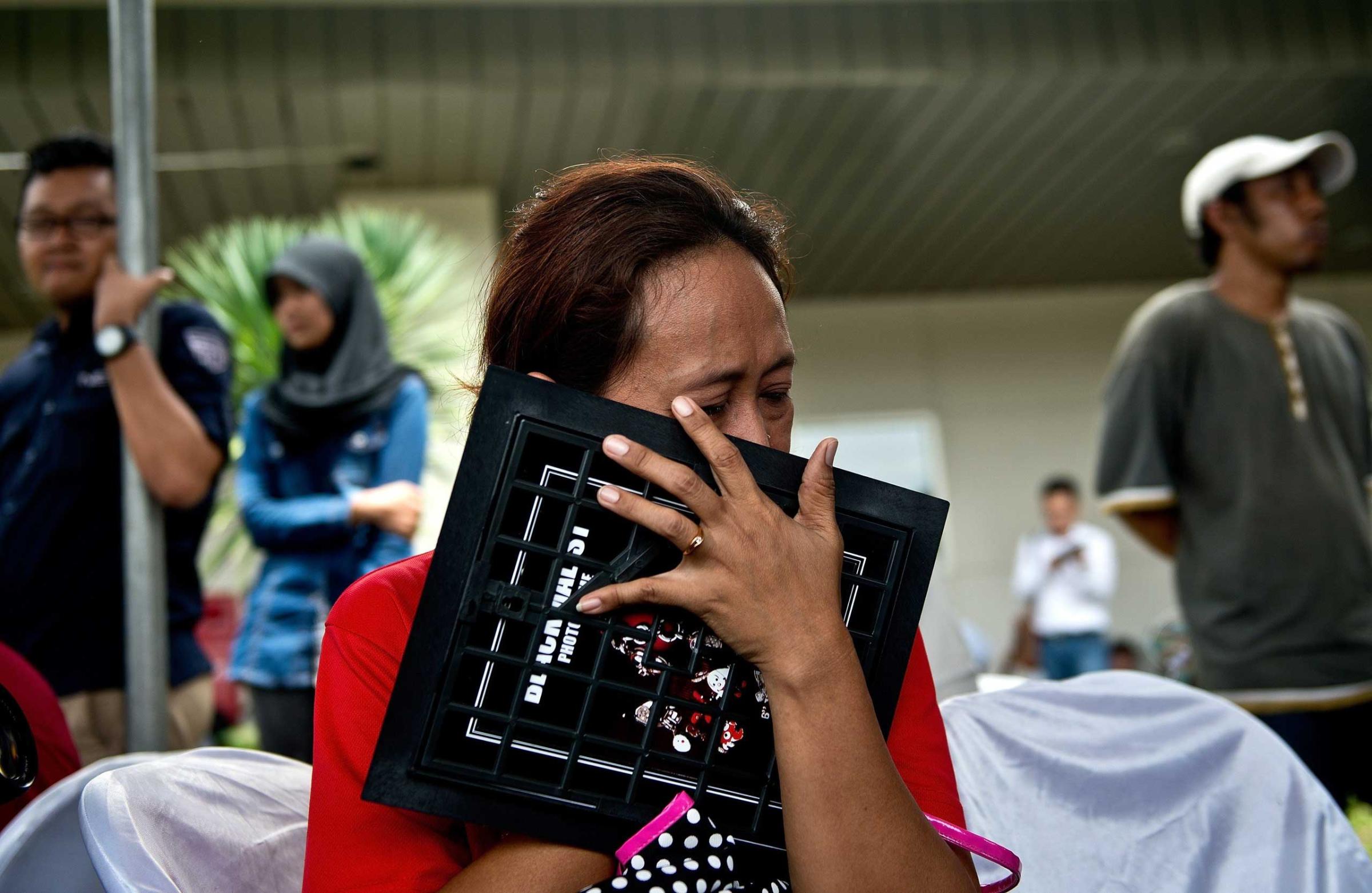

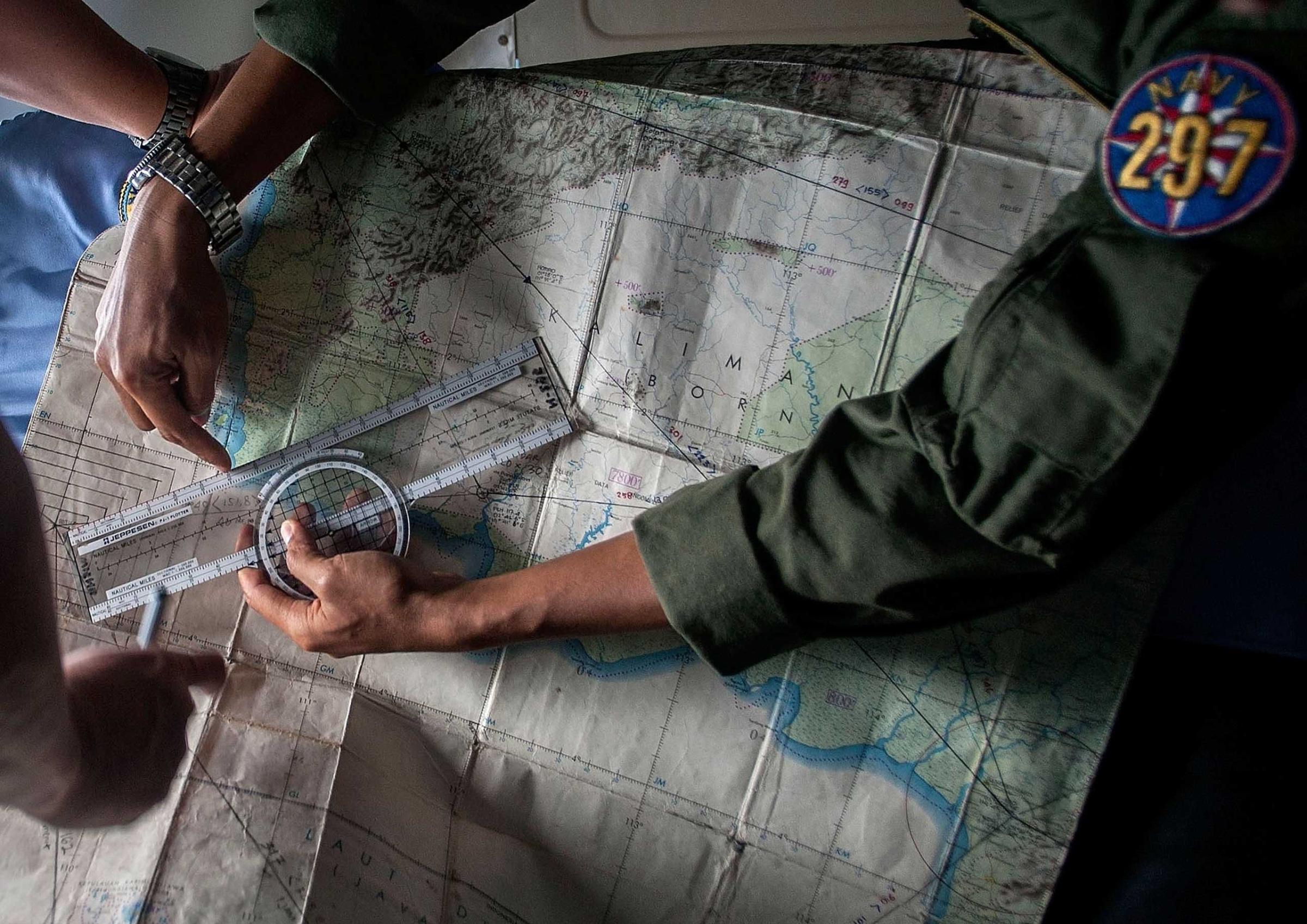
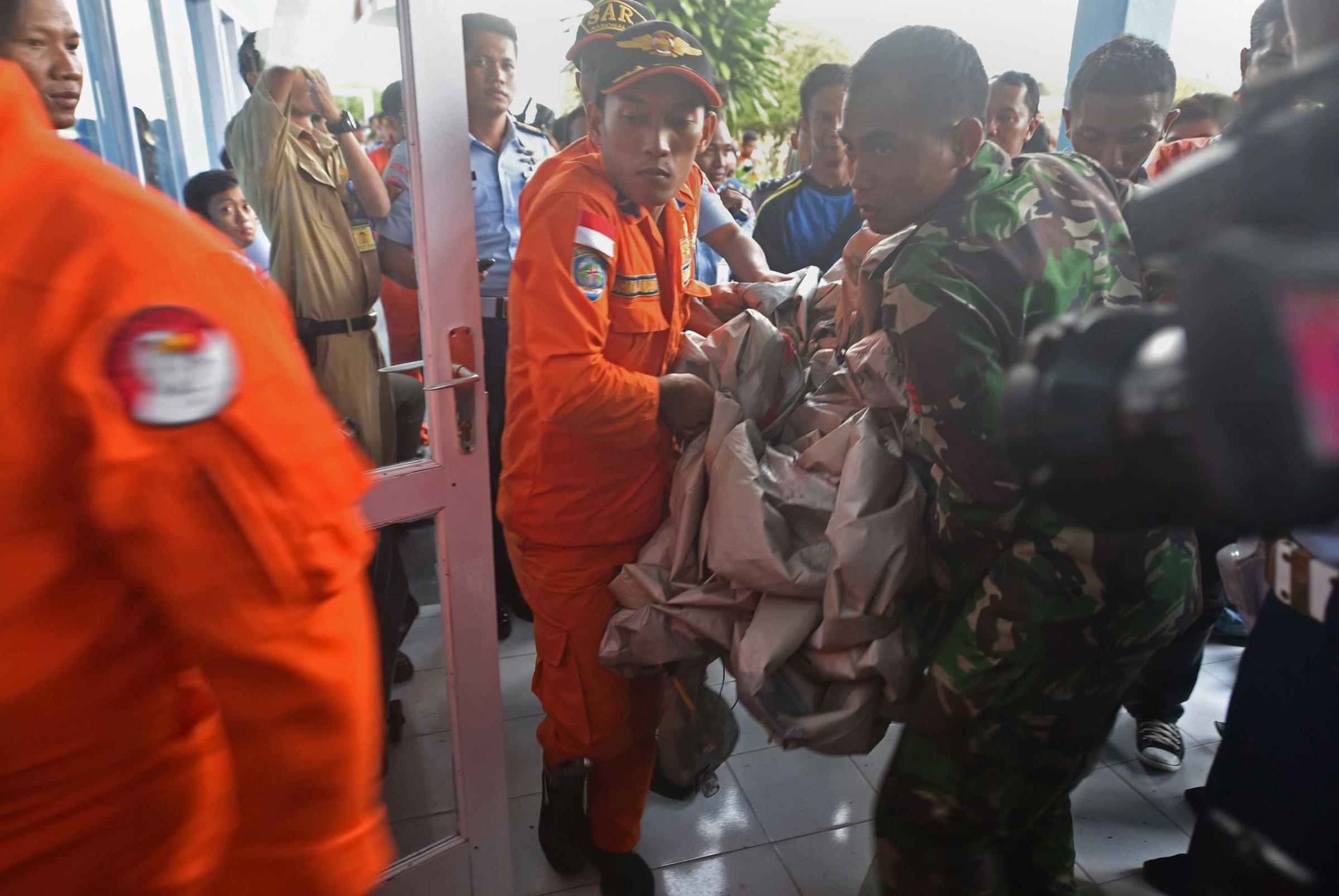
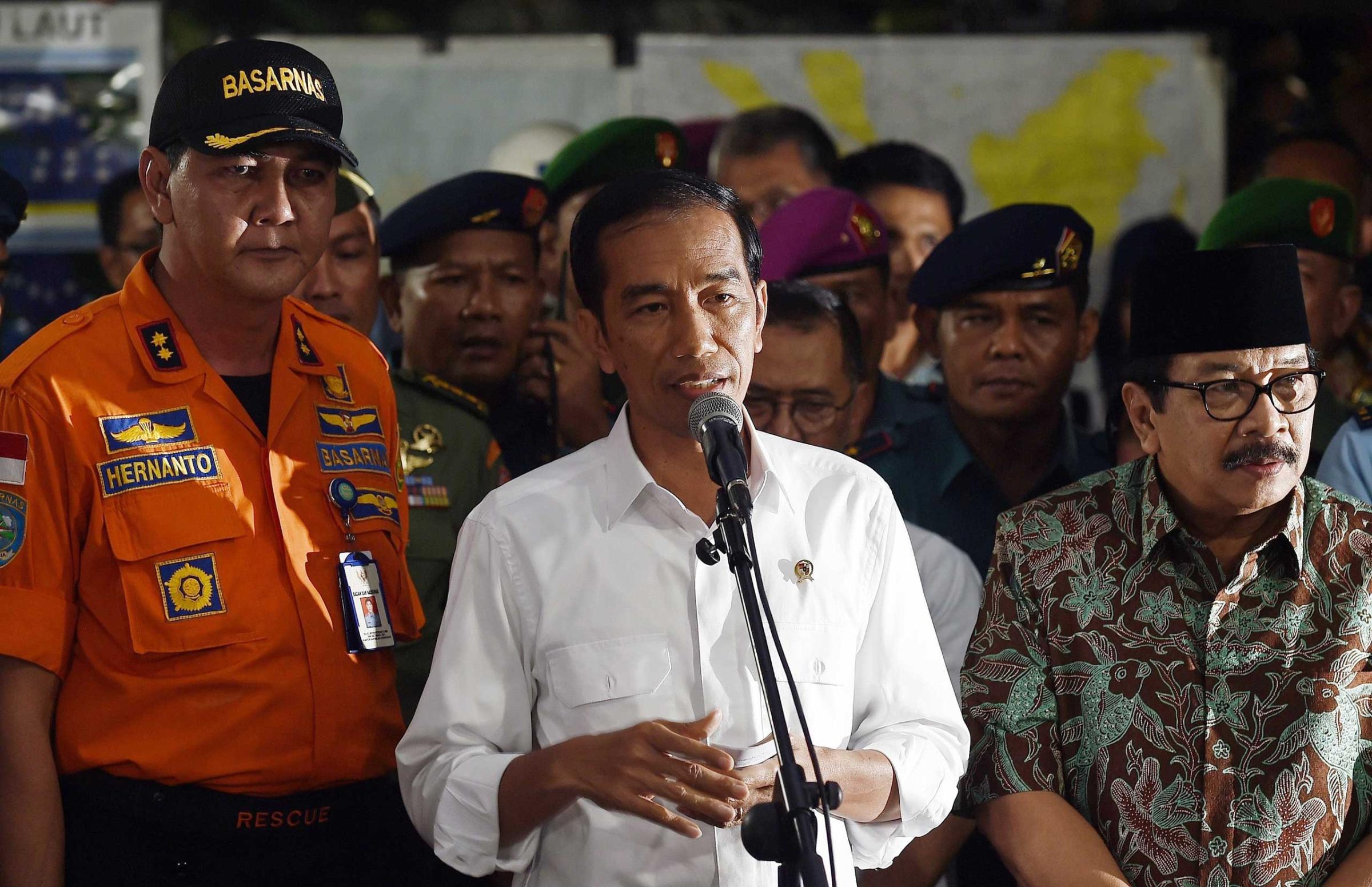

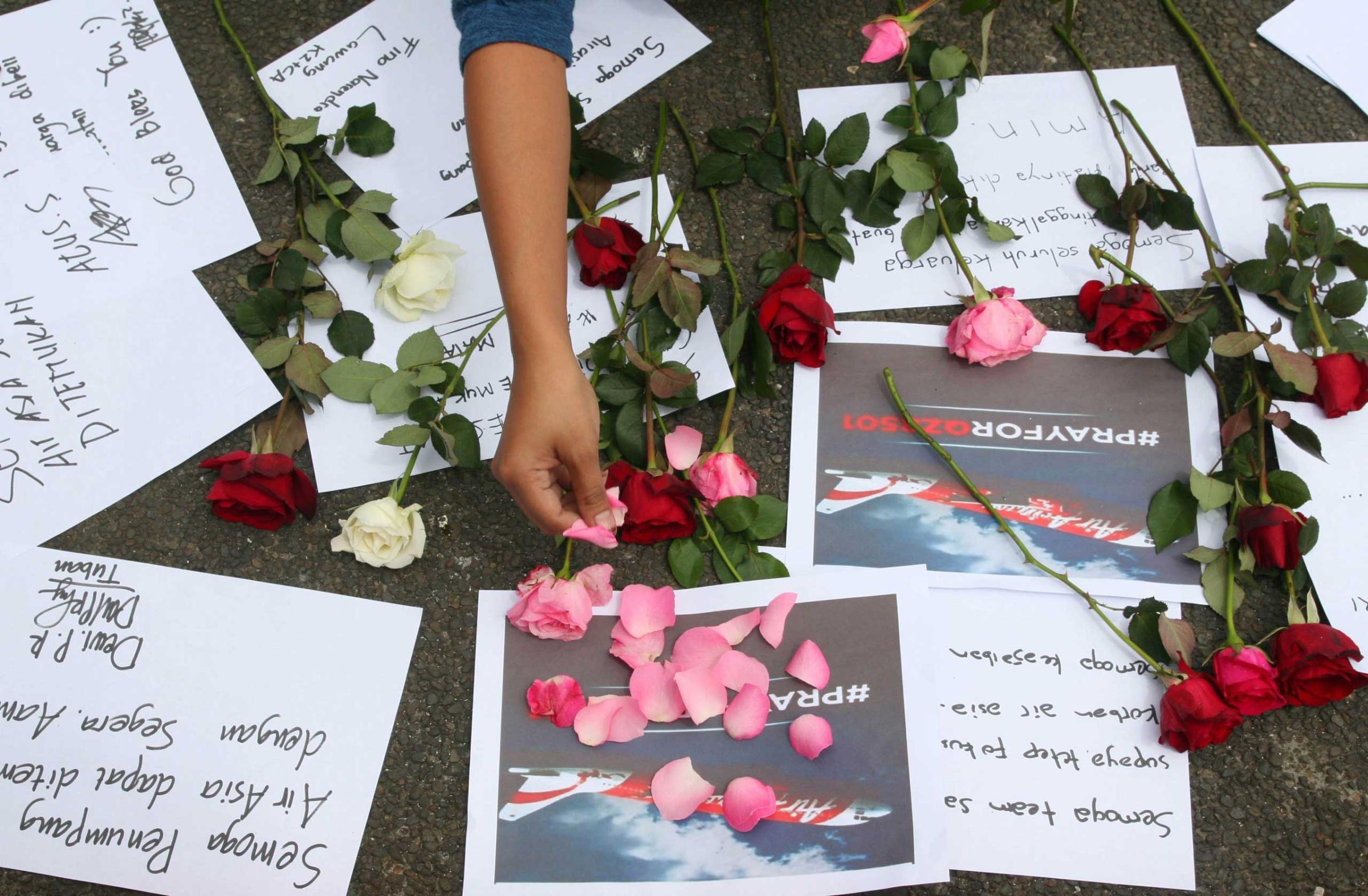
Modern aircraft, QZ 8501 included, have a GPS system, known as ADS-B, that broadcasts the plane’s location. However, this only works for normal flights — once an aircraft is hurtling to the ground, conditions become too extreme for it to function (neither would your phone’s GPS).
“People have been comparing this situation to Apple’s Find My Phone app,” John Walton, a British aviation journalist, tells TIME. “But the app can’t tell you very much on the way down if your phone is thrown off a 10-story building.”
Walton was also quick to tweet his reservations over whether an initial set of objects sighted Tuesday came from QZ 8501.
The disappearance of Malaysia Airways Flight 370 in March, presumed lost in the southern Indian Ocean with 239 people on board, prompted similar frustrations about why better technology isn’t being used to track missing planes.
Despite that, both the International Air Transport Association (IATA) and U.N.’s International Civil Aviation Organization (ICAO) have been “dragging their feet and putting some very feeble proposals forward” regarding developing the necessary technology, says Walton.
In December, a recommended timetable for deploying stopgap technology was vetoed by IATA board members, reports Reuters.
However, industry insiders say there is a valid argument against prioritizing expensive new GPS technology. It is unknown whether it would actually save any lives, and given difficult investment choices in a fiercely competitive marketplace, airlines would be better off putting money into advances that actually make planes safer.
Despite high-profile air disasters — which include Malaysia Airlines Flight 17, shot down over Ukraine in July, and the crash of an Air Algeria plane in Mali the same month with the loss of 116 lives — 2014 is on course to be the safest year on record in terms of fatal aviation accidents. There have been just eight as opposed to 11 in 2012, the previous safest year.
According to a Flightglobal study, “airline operations are now almost three times safer than they were 20 years ago.”
This is largely due to improvements to technology and training, spurred by massive investment. And so while it may seem ridiculous that passenger jets can disappear without a trace, it is also remarkable just how reliable they have become. They are still very much the world’s safest mode of transport.
There’s just one snag. When something does go wrong, it goes wrong catastrophically — and our inability to do a simple thing like find an aircraft only gives us more time to dwell on that fact.
— With reporting by Yenni Kwok
Read next: AirAsia Relatives in Shock as Indonesian TV Airs Images of Floating Body
More Must-Reads from TIME
- Why Trump’s Message Worked on Latino Men
- What Trump’s Win Could Mean for Housing
- The 100 Must-Read Books of 2024
- Sleep Doctors Share the 1 Tip That’s Changed Their Lives
- Column: Let’s Bring Back Romance
- What It’s Like to Have Long COVID As a Kid
- FX’s Say Nothing Is the Must-Watch Political Thriller of 2024
- Merle Bombardieri Is Helping People Make the Baby Decision
Write to Charlie Campbell at charlie.campbell@time.com